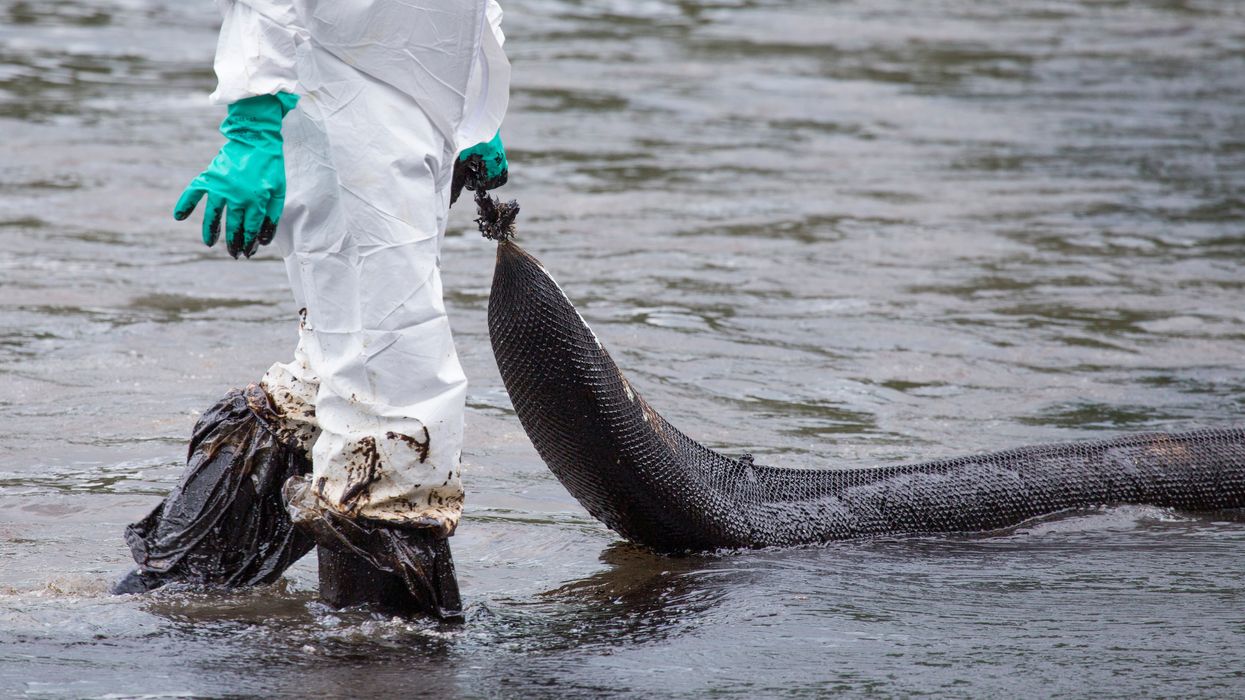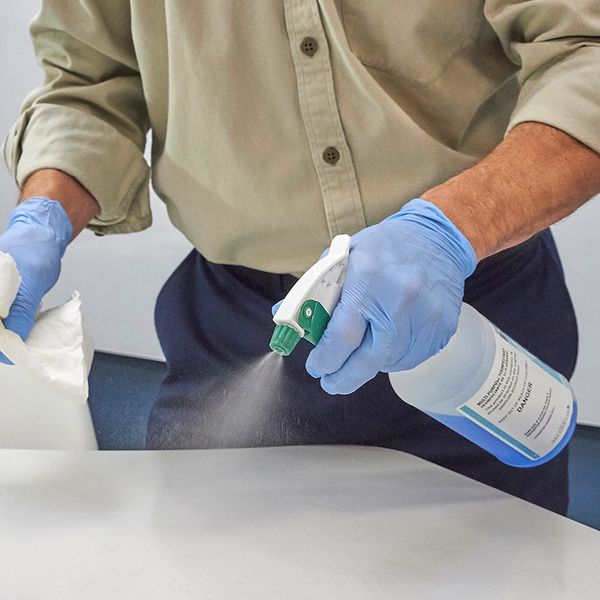Will OSHA require records for flu-like illness in oil-spill workers?
In February, a group of environmental, health, and government watchdogs petitioned OSHA to issue a rule to require employers to record and report cold and flu symptoms prompted by oil/chemical spill response operations under the National Response Plan. The petition, if granted, would amend both 29 CFR 1904 and 1910.120.
Currently, employers don’t need to record common cold or flu illness per 1904.5(b)(2)(viii). The group argues that the “exception impedes accurate illness recordkeeping,” and response workers have suffered wheezing, coughing, chest tightness, breathing trouble, and headache after exposure to oil spills.
What do the regulations say now?
According to subparagraph (b)(2)(viii) of 1904.5, “You are not required to record injuries and illnesses if … the illness is the common cold or flu ...” According to OSHA, the provision allows the employer to exclude cases of common cold or flu, even if contracted while the employee was at work.
Under 1904.39, employers must report a work-related fatality, an in-patient hospitalization, an amputation, or loss of an eye.
The Hazardous Waste Operations and Emergency Response (HAZWOPER) standard at 1910.120 and 1926.65 has no OSHA reporting requirement but does offer medical surveillance requirements.
What does the petition request?
The 44-page petition submitted by Earth Island Institute and 21 others on February 13, 2023, calls on OSHA to:
- Amend 1904.5(b)(2)(viii) to indicate that the cold and flu exemption does NOT apply to oil-spill-response workers (whether paid or unpaid) who are working on a National Oil and Hazardous Substance Pollution Contingency Plan (NCP) worksite;
- Amend 1904.5(b)(2)(viii) to indicate that cold- and flu-like symptoms suffered by the NCP oil-spill-response workers must be reported per 1910.120(q)(9); and
- Add a provision to 1910.120(q)(9) to require the weekly recording and reporting of cold-and flu-like symptoms exhibited by the NCP oil-spill-response workers, specifically for each operable unit in the NCP.
The petition goes on to describe cold- and flu-like symptoms exhibited during oil-spill work, a case study related to the 2010 Gulf of Mexico oil-spill response, and arguments for changing the regulations, including, but not limited to:
- Illness records under Part 1904 are not accurate or complete, given the exemption;
- Work-related illness records are critical to safety and health efforts;
- OSHA has a statutory duty to set regulations on worker health;
- The NCP and the Occupational Safety and Health Act would be better served if the exemption were amended;
- OSHA has no guidance on the exemption nor any definitions for the terms common cold and flu; and
- The nature of oil-spill exposures during NCP-response operations is serious enough to mandate new reporting requirements.
Keys to remember
OSHA has received a petition for rulemaking that, if granted, may lead to regulatory changes in the future pertaining to oil-spill workers and injury/illness recordkeeping and reporting. Prompted by this petition, OSHA may also issue guidance or interpretation on the common cold and flu exemption at 1904.5.





















































